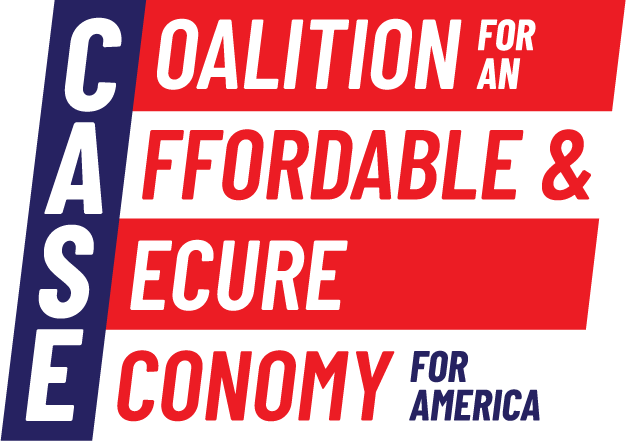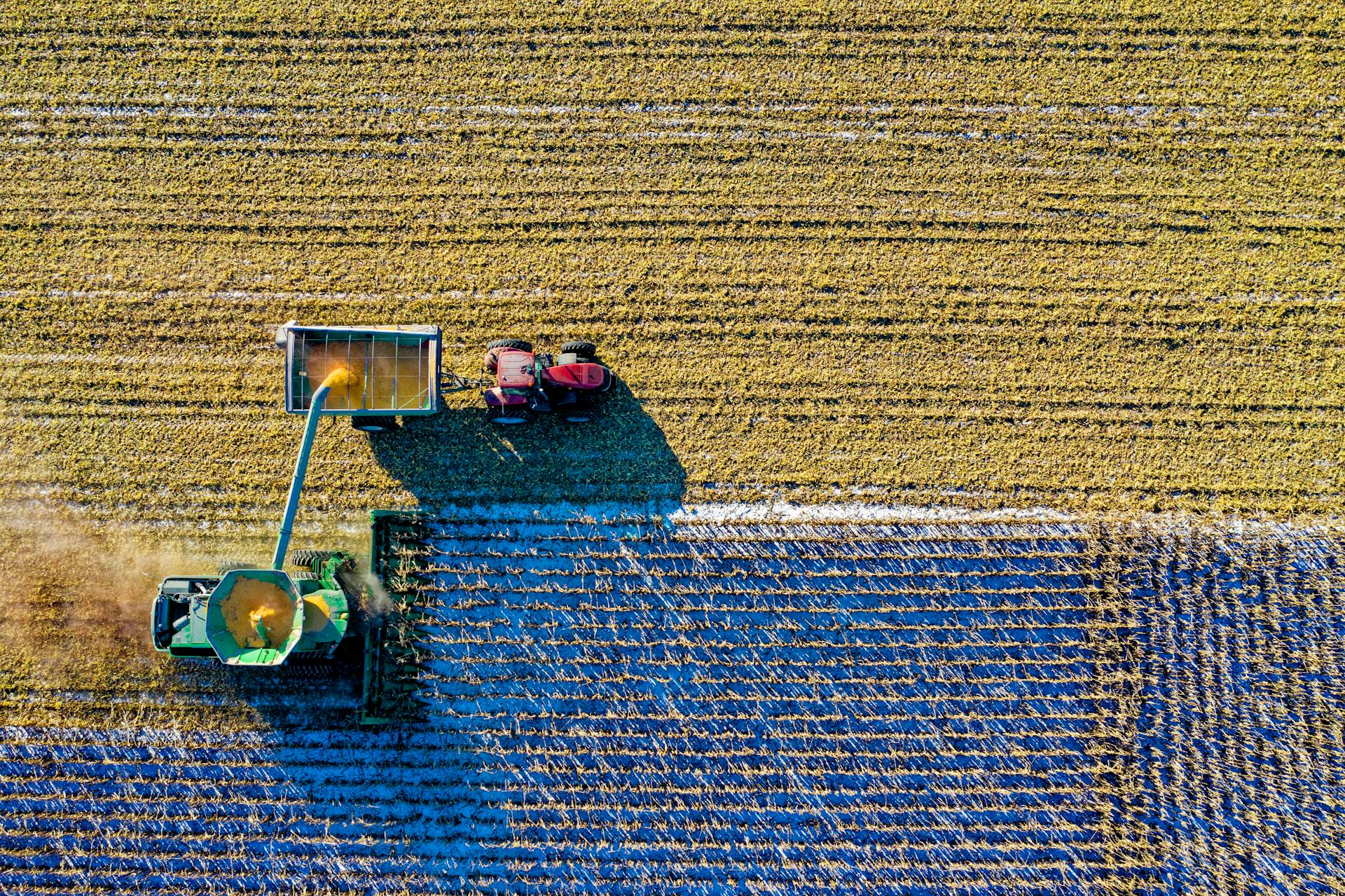Iowa is a farming and manufacturing juggernaut, but now, as new tariffs are set to take effect, America’s heartland is in danger of reliving the same economic casualties they experienced under President Trump’s first-term tariffs.
Corn and soybean exports are essential to the Hawkeye State’s economy. Recently announced tariffs by the Trump Administration include a global 10% tariff on imports, which could lead to foreign trading partners retaliating with tariffs of their own. The agriculture sector could take a massive hit, and the state could lose billions of dollars in GDP.
Meanwhile, current tariffs on steel and aluminum could raise costs for manufacturers just as they did seven years ago, leading to higher prices for Iowa consumers. In fact, impending tariffs are estimated to cost American families an average of more than $2,000 per year.
Senator Chuck Grassley (R-IA) is working across the aisle to limit the executive’s power to impose tariffs. The bipartisan Trade Review Act of 2025, co-authored by Senator Maria Cantwell (D-WA), would require the president to notify Congress within 48 hours of imposing new tariffs and obtain explicit congressional approval within 60 days, while also allowing Congress to end any tariff at any time.
Grassley is one of several GOP senators to express concern over sweeping tariffs in recent days – and for good reason. If history is a guide, Iowa’s economy could likely encounter significant challenges as tariffs disrupt production and hobble international trade, leaving middle-class Iowans to bear the heaviest burden.
Tariff Impact on Iowa During President Trump’s First Term
In Trump’s first term, Iowa’s economy bore the brunt of tariff-related trade disputes.
- In 2018, soybeans, one of Iowa’s top exports, faced a sharp decline in demand as retaliatory tariffs from China threatened international buyers and harmed Iowa’s biggest agricultural trade partner. (Iowa State University, 9/18)
- When China cut purchases from U.S. farmers in 2018 following tariffs, the country increased imports from Brazil and Argentina, leaving the United States, and local farmers, behind. (KTVO, 3/5/25.
- Iowa’s machinery and manufacturing industries also suffered. Tariffs on imported steel and aluminum drove up production costs, causing financial strain on local businesses and manufacturers. (Business Record, 3/17/25)
- Following the 2018 tariffs, Iowa lost between $1 billion to $2 billion in gross domestic product (GDP) as foreign markets closed. (Business Record, 3/19/25)
Tariff Impact on Iowa Today
The latest round of tariffs will exacerbate the strain that Iowa’s farmers and builders already face.
- Corn and soybean exports are expected to take another hit as countries may retaliate with their own tariffs, reducing international demand for these products. (Iowa Capital Dispatch, 4/2/25)
- Iowa’s farmers will also face rising costs for imported fertilizers and farm equipment, driving up the costs of production and impacting livelihoods. (CBS2 Iowa, 4/2/25)
- In 2024 Iowa exported $17 billion in goods. Those goods exports made up 7.4% of Iowa’s GDP in 2023 and accounted for 116,000 jobs – all of which are now threatened by impending tariffs. (Business Record, 3/19/25)
What Iowans Are Saying About Tariffs Today
- Mike Naig, Iowa Secretary of Agriculture: Stressed the importance of trade for Iowa farmers and expressed hope that the higher tariffs won’t last long due to the already tough economy. (KCRG, 3/6/25)
- Chad Hart, Iowa State University Economist: Warned that the new tariffs will further suppress an already struggling agricultural economy that has been experiencing lower net farm income in recent years. (Business Record, 3/17/25)
- Jenna Kimberley, Kimberley Development CEO: Said the tariffs could be “terrible for our industry,” and that “those 25% tariffs, construction and manufacturing bear that burden the most.” (Des Moines Register, 2/27/25)
- Aaron Lehman, Polk County farmer, Iowa Farmers Union President: “Our farmers have been very frustrated with the tariff approach …The trade approach that we’ve taken has been the ‘go-in-alone’ approach. Instead of working with our trade partners to identify key trade issues and strategically find a way to address them to improve trade conditions for our farmers, they’ve chosen to go in alone.” (The Gazette, 3/17/25)
What Iowans Said About Tariffs During President Trump’s First Term
- Dimy Doresca, University of Iowa’s Institute for International Business Director: “If you shop at Walmart or a department store on a regular basis, you will feel the impact … However you look at it, Iowa is going to suffer. I don’t see any way to look at this where Iowa will come out as a winner.” (Des Moines Register, 6/15/18)
- Iowa Delegation of Senators and Representatives: “As Members of Congress who represent Iowa, we understand the importance of free and fair trade to Iowa’s strong agricultural economy. We urge you to carefully consider and analyze the economic costs and benefits of your plan to impose new tariffs on imported steel and aluminum.” (U.S. Senator Joni Ernst, 3/17/18)
- Jeff Quint, Founder of Cedar Ridge Winery: “I can tell you firsthand who eats the cost of that tariff. The other thing I worry about is we might be fostering the development of craft distilling in other countries right now because this puts us at such a disadvantage.”(The Washington Post, 7/12/18)

